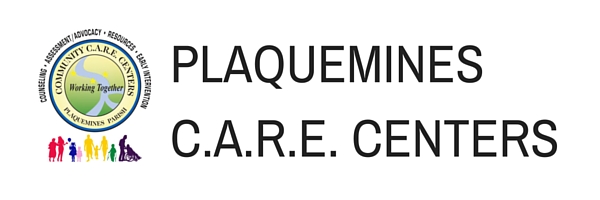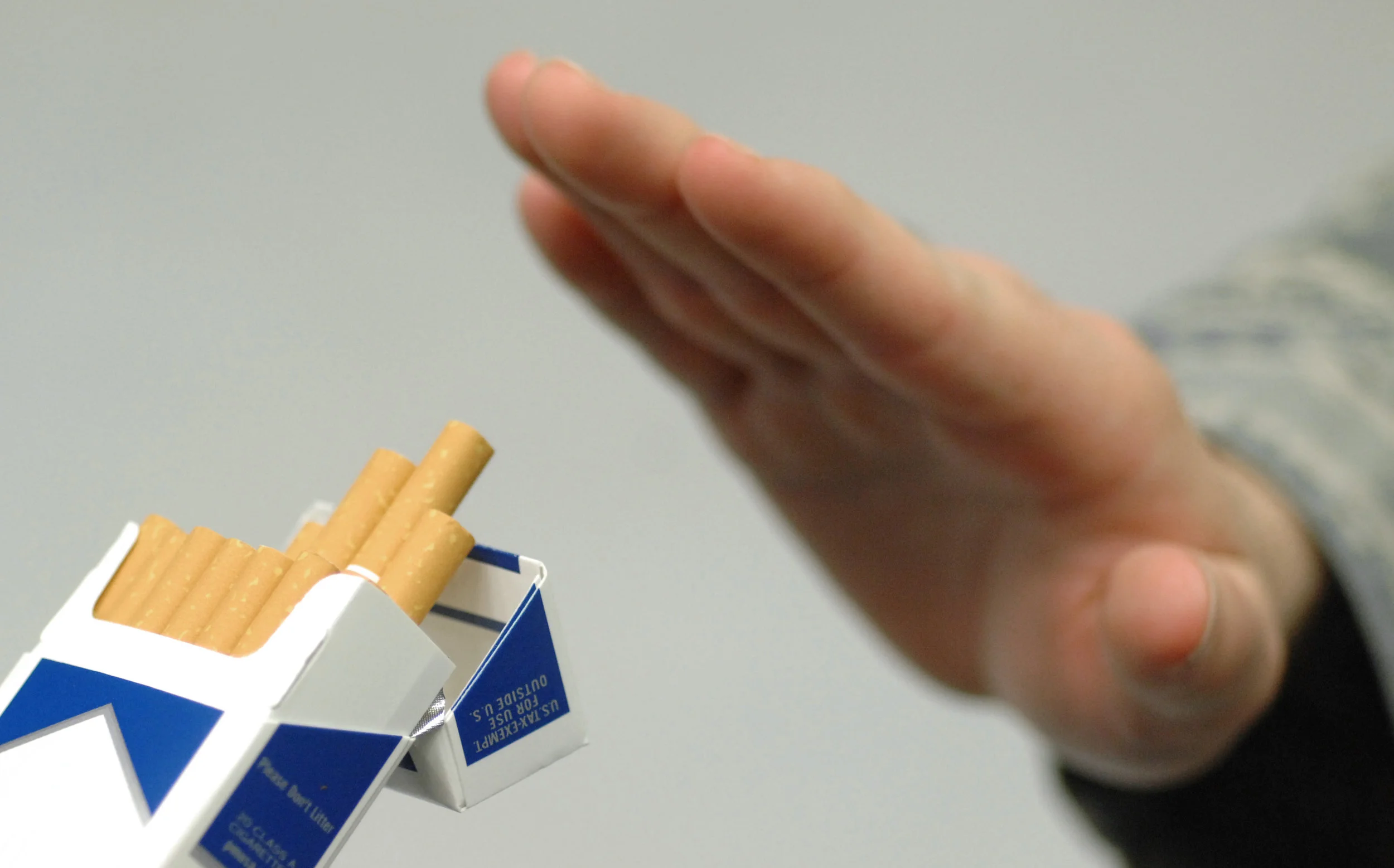Eating fruits and vegetables has many health benefits. People who eat a healthy, balanced diet with plenty of fruits and vegetables can help lower their risk for:
- Some types of cancer
- Heart disease, including heart attack and stroke
- Type 2 diabetes
- High blood pressure
- Obesity
However, many people don’t eat enough fruits and vegetables. •Fewer than 1 in 4 adults eat the recommended amount of fruits every day.•Fewer than 1 in 7 adults eat the recommended amount of vegetables every day.
The good news? Communities, health professionals, businesses, and families can work together to encourage people to eat more fruits and vegetables.
Make a difference: Spread the word about tips for healthy eating and encourage communities, organizations, families, and individuals to get involved.
How can Fruits & Veggies – More Matters Month make a difference?
We can use this month to raise awareness about the importance of getting enough fruits and vegetables.
Here are just a few ideas:
- Spread the word about programs that support local agriculture
- Encourage families to make small changes, like keeping fresh fruit or carrotsticks within easy reach
- Motivate local restaurants, stores, and other businesses to provide quality foodsmade with fresh fruits and vegetables.
Information provided by Healthfinder.gov




























